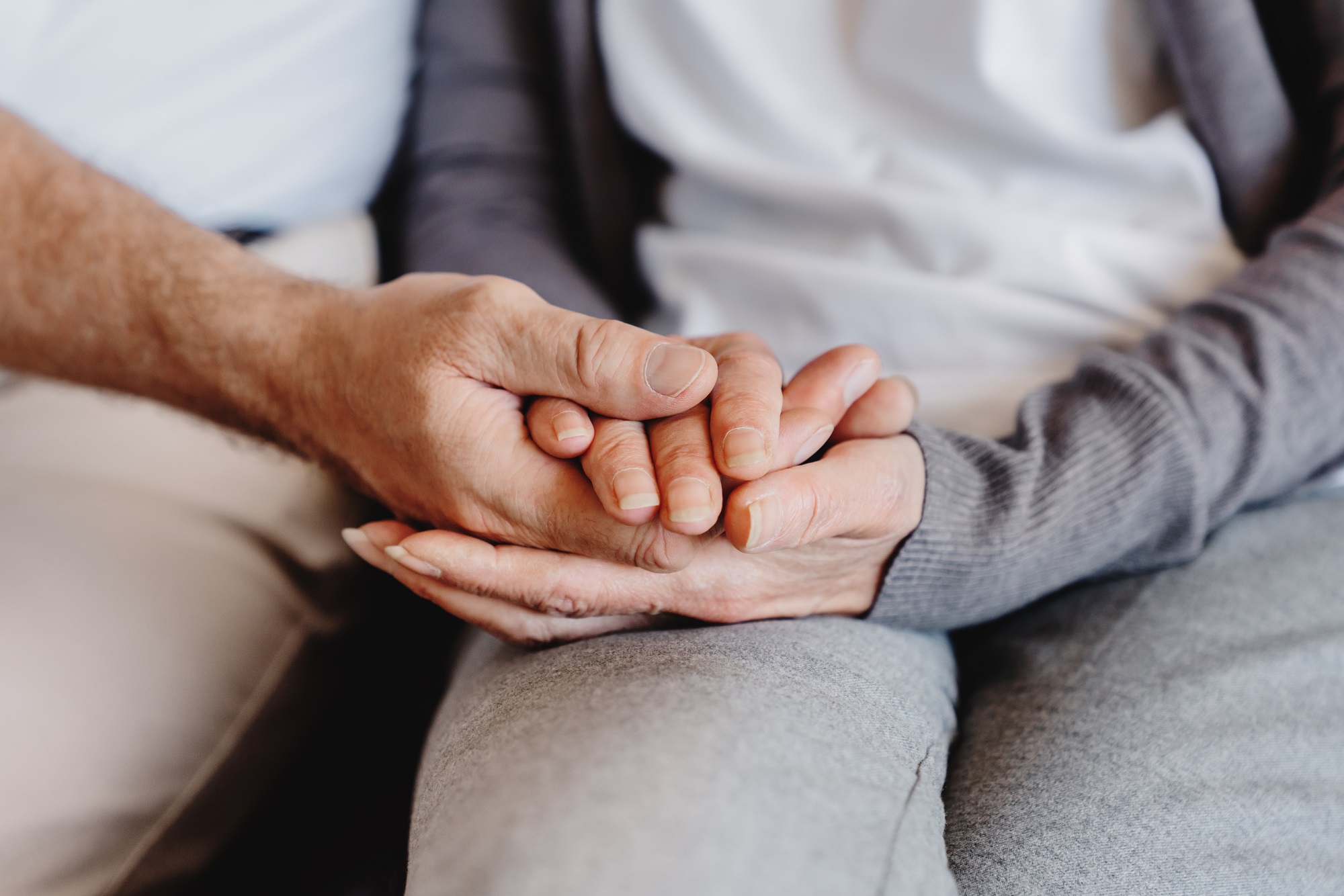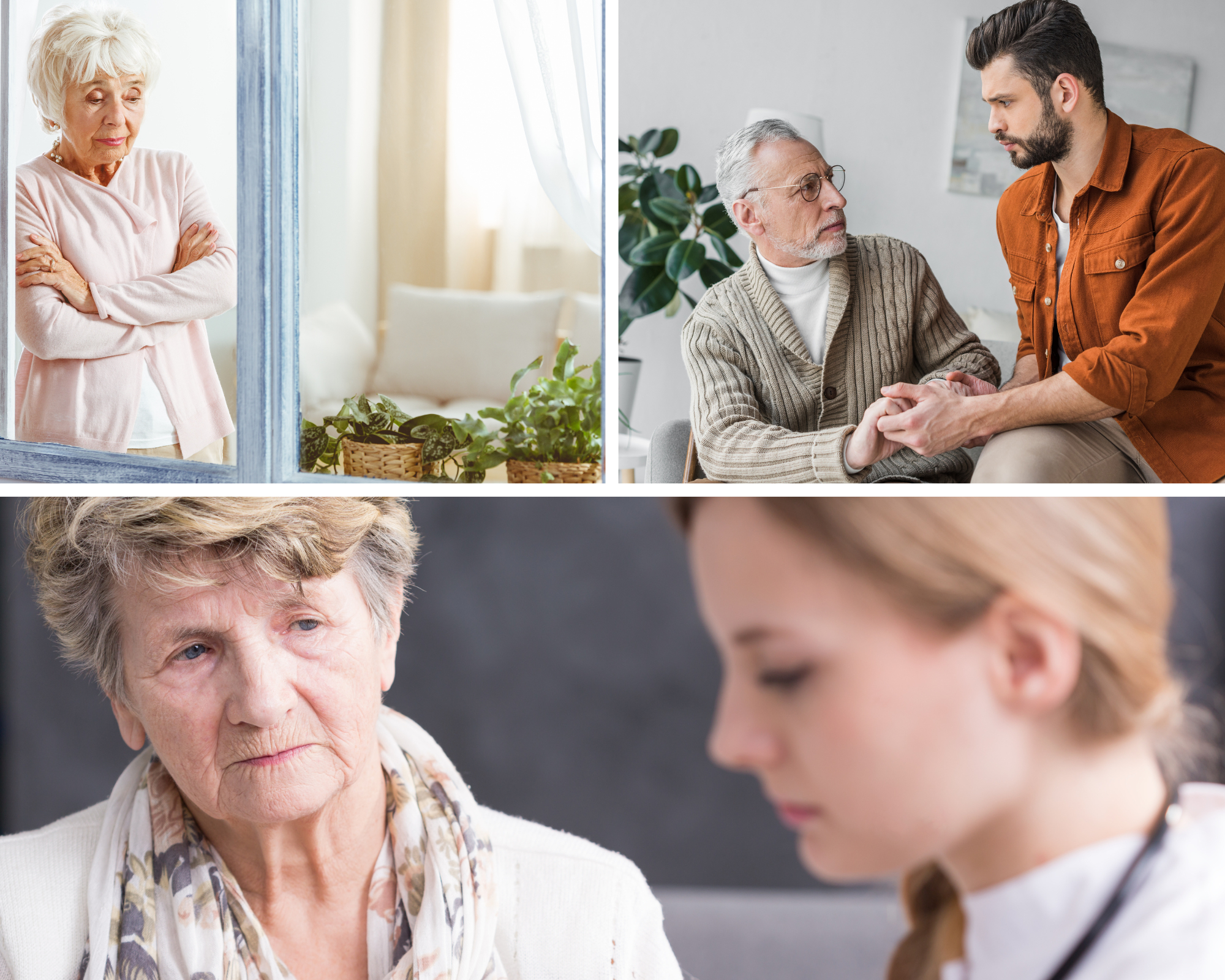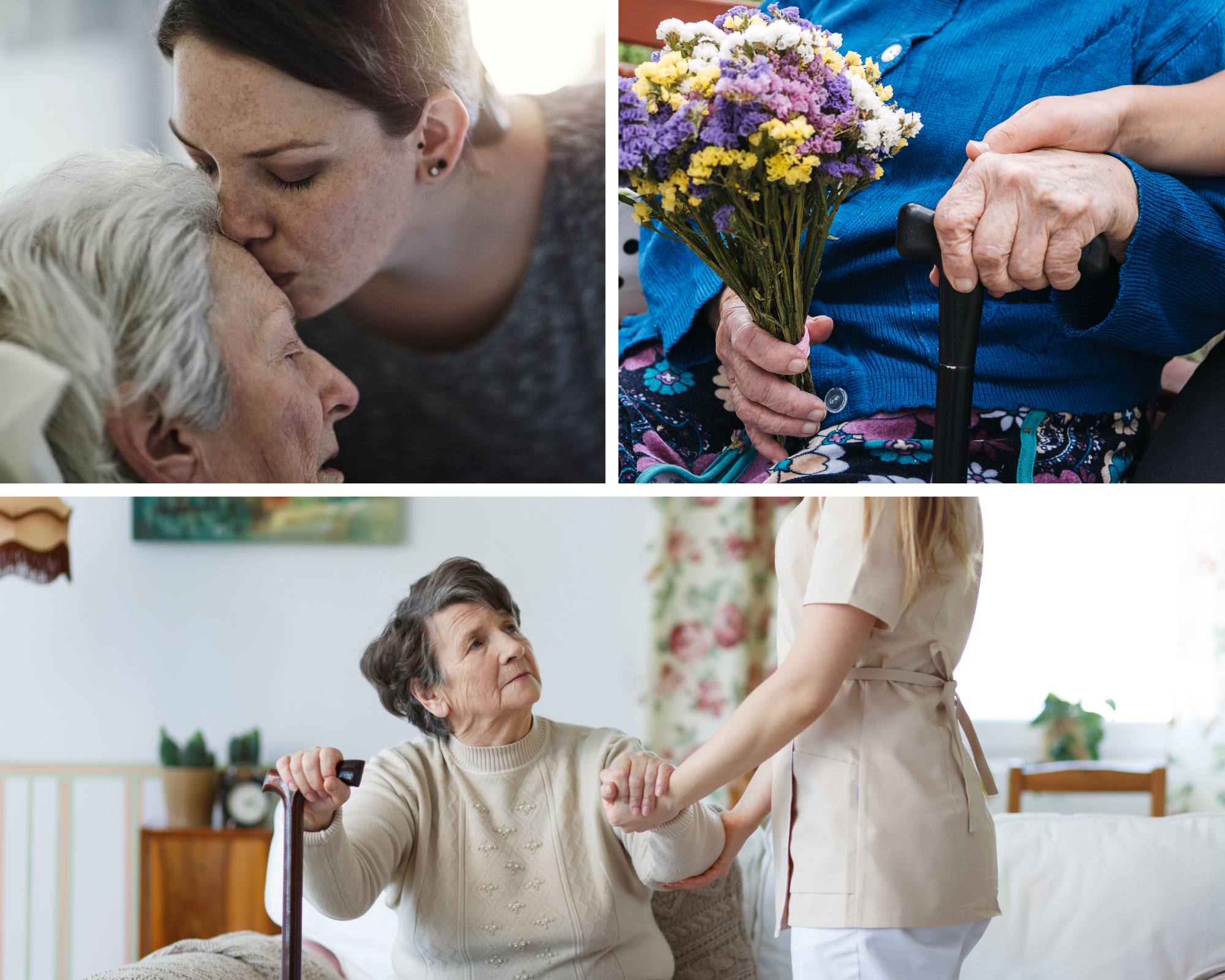
What is Elder Abuse?
October 27, 2022Abuse is something that millions of Americans contest with every day. Among them, unfortunately, are seniors. According to the National Council on Aging, about one in 10 Americans aged 60 and older have experienced some form of elder abuse. Some estimates put the number as high as five million senior citizens who are victims of abuse each year, but the number can’t be confirmed because it often goes unported.
Seniors are more susceptible to abuse because of their reliance on others. Frailty, mobility issues, and cognitive decline are some of the leading reasons an older adult may be targeted. It is important seniors and their families alike recognize what elder abuse is, the signs, as well as how to stop it.
What is elder abuse?
Elder abuse refers to the intentional or negligent acts of a caregiver or other individual who causes harm or risk of harm to an older adult. It is more than just physical and can encompass a variety of different mistreatments.
- Physical abuse. The infliction of physical pain or injury on a senior.
- Emotional abuse. The infliction of mental pain, anguish, or distress on a senior. Can be verbal or non-verbal.
- Sexual abuse. Any non-consensual sexual act performed against the will of a senior.
- Financial exploitation. The illegal, unauthorized, or improper use of a senior’s money, benefits, or other assets.
- Neglect. A failure to meet the older adult’s basic needs—food, shelter, health care, and other forms of protection.
- Abandonment. Complete desertion of a vulnerable senior by a caregiver.
- Self-neglect. This is the failure of a person to perform the essential tasks that impact their health and is the only abuse performed by the seniors themselves.
There unfortunately isn’t a single type of person that one can pin elder abuse on. Perpetrators of abuse can be family members, a caregiver, another senior, or even a stranger. There is one commonality between these people, however: they are individuals looking to take advantage of older adults.
Those who are at the highest risk for elder abuse are those with no family or friends nearby, as well as those with disabilities, memory problems, or dementia. It is important that you listen to your loved one’s concerns. So, if they express they have been abused, you must take it seriously.
What are the signs of elder abuse?
Signs of abuse vary based on the type of abuse a senior is experiencing. Keep an eye out for signs of distress in your elderly loved one, and then examine them closely for further signs of abuse.
They can include:
- Physical abuse. Unexplained physical injuries are a key sign of physical abuse, however, injuries can occur due to other aging-related problems. Look for a pattern of hospitalization for similar injuries, trips to different emergency rooms (often done to avoid suspicion) delayed care for an injury, or poor explanations for the senior’s injuries from whoever provides them care.
- Emotional abuse. Emotional abuse will primarily be recognized in changes in your loved one’s behavior and personality. They may appear depressed, withdrawn, and scared. In addition, they’ll potentially avoid eye contact, have changed eating habits and sleeping patterns, and be isolated from friends and family.
- Sexual abuse. This form of abuse will be more difficult to notice initially. Watch for changes in your loved one’s mood. They may have problems walking or sitting, pelvic injuries, bruised private areas, and newly diagnosed sexually transmitted diseases and infections.
- Financial exploitation. If you find evidence of unpaid bills, eviction notices, or missing belongings, your loved one may be experiencing financial abuse. Look out for checks or bank statements that go somewhere other than to the elder’s accounts, changes to their power of attorney or bank account, and withdrawals the elder did not make.
- Neglect. Neglect should be clear to see in your loved one. They may wear dirty clothes, have poor personal hygiene, and not have access to their medical aids (such as glasses or hearing aids). In addition, they may suffer from untreated infections/injuries, weight loss, dehydration, and malnutrition. In the home, you may notice their surroundings are unclean/unsafe, and there may be unpaid bills.
- Abandonment. You may realize your loved one has been abandoned by a caretaker if they seem confused or lost, have poor hygiene, or appear malnourished/dehydrated.
- Self-neglect. When your loved one no longer meets their daily needs, they may not drink or feed themselves, dress, or maintain basic hygiene. They will also avoid management of financial affairs or maintaining their homes.
What do I do if I suspect a loved one is experiencing elder abuse?
According to a 2017 review, psychological (or emotional) abuse is most common among seniors, followed then by physical and financial abuse. If you recognize some combination of signs in your loved one, your next thought is likely: what do I do now? If you are able, speak with your loved one alone. Let them know you are concerned about their health and encourage them to confide in you. Additionally, you should offer to take them somewhere safe.
Take your loved one to a safe location and report what has occurred. There are several different hotlines to call, but a few include the National Center on Elder Abuse, local Adult Protective Services, or the U.S. Department of Health & Human Services. If you suspect your loved one is in immediate danger, call the police.
How to prevent it
There is no catch-all to stop abuse, but there are things you can do to decrease the risk of elder abuse—and you’ve already taken the first step. Educating oneself on the signs of elder abuse is crucial to protecting your loved ones. In addition, you should call and visit your loved one as often as you can to ensure they’re doing well, and if you have access to them, watch their finances for signs of abuse.
If you are a family caregiver, taking care of yourself is crucial to the prevention of elder abuse. Follow the proper techniques for maintaining anger, as well as relieving stress and depression. When you experience burnout, request help from friends, family, and respite caregivers.
Elder care you can trust
For nearly 30 years, Home Care Powered by AUAF has been home to some of the most compassionate, dedicated caregivers in the Chicago area. Our staff works to provide seniors the support they need to live in the comfort of their homes confidently, whether that means personal care, light housekeeping, or acting as a companion.
If you’re ready to see how an at-home caregiver can improve your quality of life, call us at 773-274-9262.
Articles:
-
How to Use FaceTime: a Senior’s Guide
March 20th, 2024 -
The Best Organic Cleaning Products for Caregivers
March 19th, 2024 -
Celebrating St. Patrick’s Day with Seniors
March 14th, 2024 -
Intellectual Activities for Seniors to Keep their Brains Stimulated
March 13th, 2024 -
Tips for Communicating with Seniors with Hearing Loss
March 12th, 2024 -
How to Learn a New Language as an Older Adult
March 7th, 2024 -
Foods that Support Bone Health in Seniors
March 6th, 2024 -
A Note to Our Staff for Caregiver Appreciation Day
March 1st, 2024 -
The Importance of a Senior/Caregiver Bond
February 21st, 2024 -
Recreational Sports as Fitness for Seniors
February 27th, 2024 -
Exploring the Wonders of Reminiscence Therapy
February 15th, 2024 -
Staying Educated on Alzheimer’s Disease and Dementia Care
February 14th, 2024
Call Now! 773.274.9262







